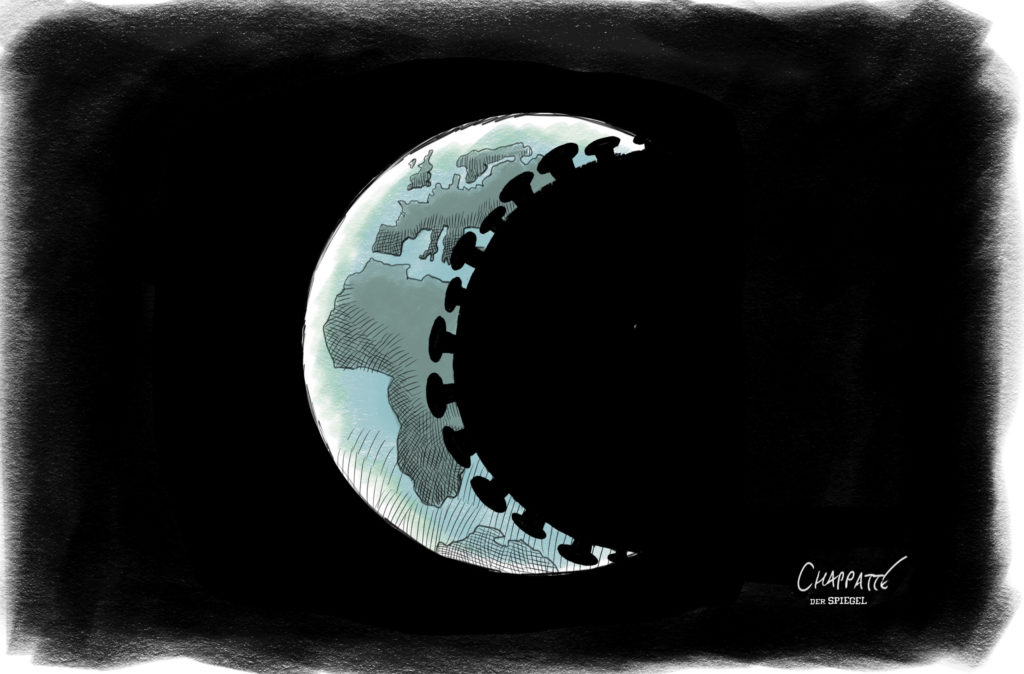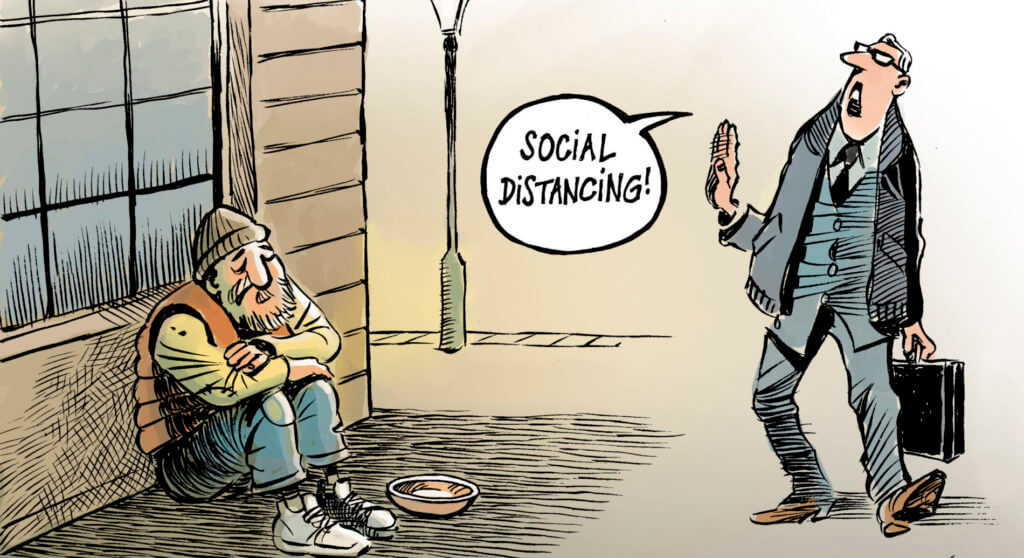A pandemic is not just a medical emergency – it is also a political, economic, and social crisis. It implies new challenges for democratic institutions and practices, for citizenship rights and human rights as some of the restrictions on civil liberties put in place by liberal and illiberal democracies may well outlive the coronavirus. This special issue explores some tensions and dilemmas of democracies faced with the current crisis. “Politics of the Coronavirus Pandemics” addresses questions like: Can we speak of a decline in politics during the pandemic? While states have been using the full gamut of their sovereign prerogatives, has the political (temporarily) faded in the face of, for example, “expertise”? What will be the lasting impact of the rule by administrative fiat, and of emergency powers put in place in many countries? What kinds of agenda and instruments of civic activism are likely to emerge given that courts are rarely in session and public protest not permitted due to distancing rules? What are the likely consequences of these reconfigurations for democracy, governance, and welfare systems in the global South and North?
The present issue seeks to better apprehend the nature of this new era of digital disinformation and how it differs from prior eras marked by the dissemination of more traditional propaganda (notably the Cold War) or by the spread of American (or liberal) soft power through mass media and consumption. In so doing the issue seeks to address a series of questions such as: has traditional propaganda consisting in over-selling a model or ideology by means of manipulation and mass media been replaced by the generalisation of disinformation in the post-truth era characterized by systematic epistemic deconstruction and the outright discreditation of any truth claims? What is the role of states (as opposed to other actors) in this process and what tools and operational mechanisms are they mobilizing to pursue their global (dis-)information campaigns? What is the impact of the generalisation of alternative facts and disinformation campaigns on the international order? Who is to win and lose from it? What can be done, notably at the international level and the UN, to counter the noxious effects of global disinformation campaigns and to recreate trust in the global information order?
-
I

Narrative Warfare in the Digital Age
Reading time: 6 min -
1

Propaganda and Disinformation between East and West: A Long-Term Perspective
Reading time: 5 min -
2

The Politics of International Legal Justifications: On Truth, Lies and Bullshit
Reading time: 5 min -
3

Interpreting Disinformation
Reading time: 6 min -
4

Vulgar Vibes: The Atmospheres of the Global Disinformation Order
Reading time: 5 min -
5

The Propaganda War over Ukraine: Unanimity, on Both Sides?
Reading time: 4 min -
6

“Dezinformatsiya” and Foreign Information Manipulation and Interference
Reading time: 6 min -
7

The Politics of Information Manipulation in the 21st Century: A Case Study of the Islamic Republic of Iran
Reading time: 5 min -
8

The Islamic State’s Virtual Caliphate
Reading time: 5 min
Dossier produced in collaboration with Marc Galvin, Nathalie Tanner and Kristina Arseneau, Research Office, Geneva Graduate Institute













